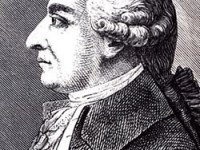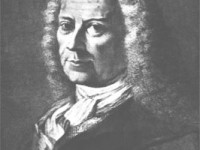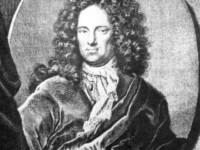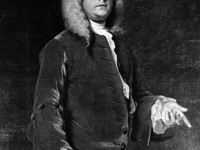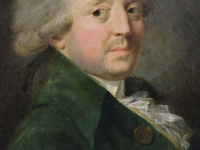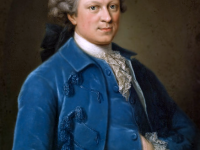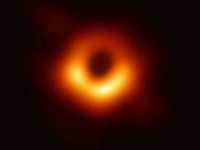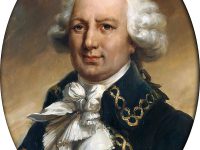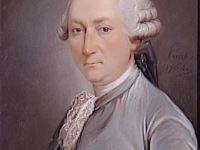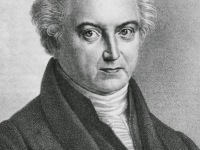How Johann Beckmann invented the Science of Technology
On June 4, 1739, German chemist and economist Johann Beckmann was born. He established the science of agriculture and coined the word technology, to mean the science of trades. Technology today has become ubiquituous. You might think that this term was part of our vocabulary ever since antiquity. Not at all. It was Johann Beckmann, who was the first to teach technology and write about it as an academic subject. Johann Beckmann and…
Read more

